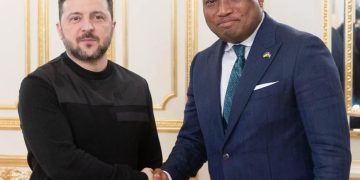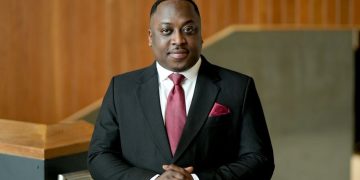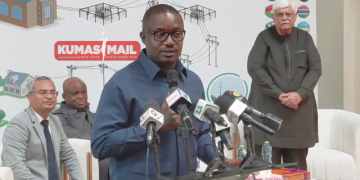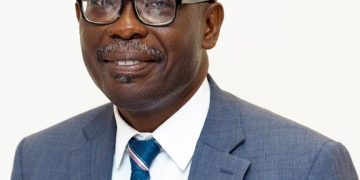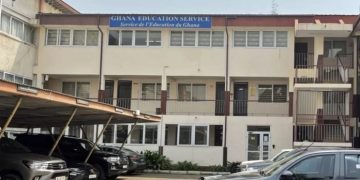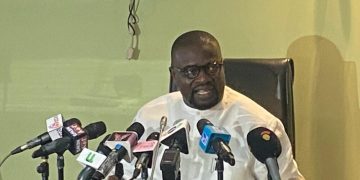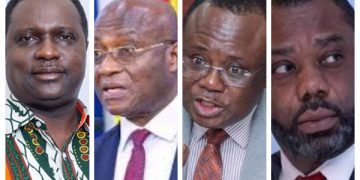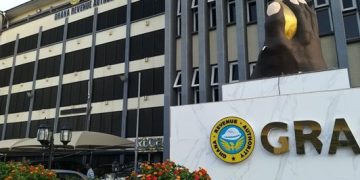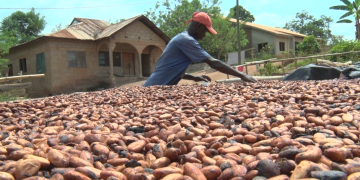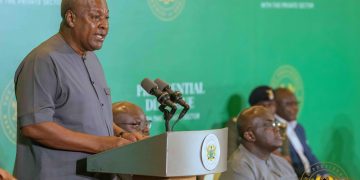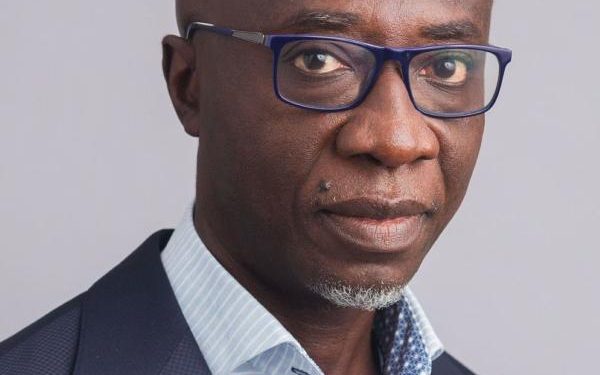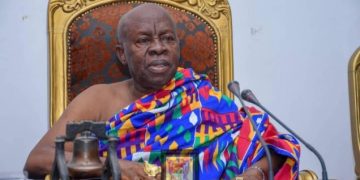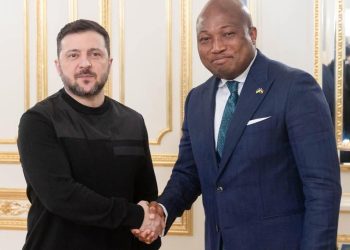Associate Professor of Law at the University of Ghana Law School, Kwadwo Appiagyei-Atua, has said many academics in Ghana lack a clear understanding of their rights and responsibilities regarding academic freedom.
“Many academics do not clearly understand their rights and responsibilities. Some university laws fail to explicitly define academic freedom, leading to confusion. Questions such as “What rights do I have as an academic?” and “What are my duties toward students?” are not well articulated,” he told journalists in an interview during a human rights workshop held in Tamale on Thursday.
Ass. Prof. Appiagyei-Atua who is also the Regional Director for Africa Coalition for Academic Freedom, further highlighted power imbalances in classrooms, where lecturers wield significant influence while students hesitate to assert their rights for fear of academic repercussions.
The workshop, organized by the Centre for Democratic Development (CDD Ghana), also addressed concerns about Ghana’s colleges of education and nursing training institutions. For instance, students in these colleges, though have been converted into tertiary educational institutions, are still made to wear uniforms, prohibited from cooking on campus, and subjected to unnecessary regulations that undermine their rights.
But Ass. Prof. Appiagyei-Atua said “The government bears some responsibility for this, as it has not fully transitioned these institutions into proper tertiary institutions by providing adequate resources, training, and equipment. The incomplete transformation of these institutions negatively impacts both students and academics, hindering the overall upgrading process.”
Regarding how students and lecturers can assert their rights on campus, he said “they must first refer to the Ghanaian Constitution of 1992, which guarantees academic freedom as part of freedom of expression. Since all laws must conform to the Constitution, university policies should be reviewed to ensure compliance.”
William Nyarko, Executive Director of the Africa Centre for International Law and Accountability, emphasized that the workshop was backed by research into institutional policies.
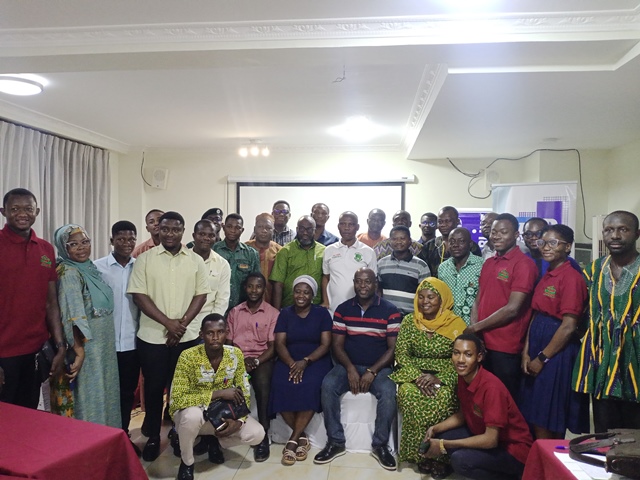
He stated, “Our analysis of student handbooks shows that many university regulations contradict the 1992 Constitution. For example, requiring students to seek permission before demonstrations violates the Public Order Act.”
Nyarko also urged institutions to align their policies with legal frameworks to prevent human rights violations.
He cited a recent case where a disabled student of the Kwame Nkrumah University of Science and Technology who was denied admission and had to take legal action. “Universities must recognize that constitutional rights apply on campus, and students and staff have the legal grounds to challenge unlawful restrictions,” he stressed.
Latifatu Akilu Mohammed, Vice Principal of Kpembe Nursing and Midwifery Training College commended CDD-Ghana for organizing the workshop, saying “it was informative because some of the things the facilitators talked about enlightened us and now I have a lot of information and so when it comes to dealing with issues of students I’ll have a better way of dealing with them”.
“As a student leader, I have learnt a lot from this workshop. I didn’t know so much about how to protect my own rights and also the rights of my colleagues on campus. I have learned that as a student there are channels of communication to use to advocate for my own rights and the rights of other students”, Women’s Commissioner, Tamale College of Education, Kibora Sylvia told to this reporter in an interview.
The workshop aimed to equip university leaders, including counselors, deans of students, and student representative council executives, with the knowledge and tools to foster inclusivity and safeguard students’ rights.
Discussions covered key topics such as gender and sexual minority policies, accessibility for persons with disabilities (PWDs), and spaces for religious and cultural minorities. Participants also examined issues related to freedom of expression, fair trial processes, and access to information.
Source: www.kumasimail.com/Joseph Ziem


